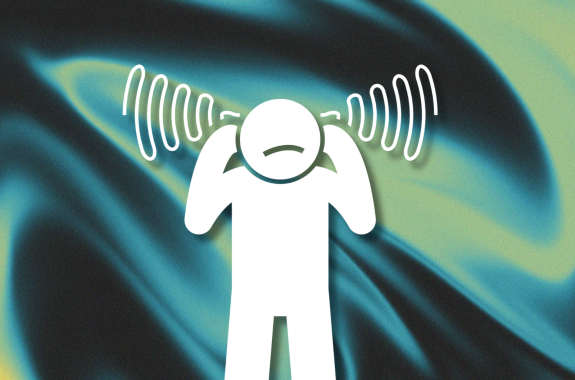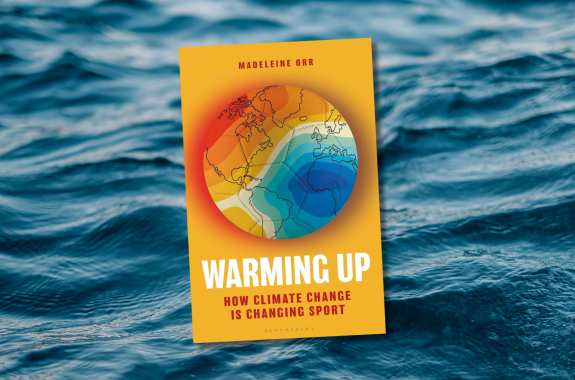12:17
Zapping Nerves Into Regrowth
An early study found that electrical stimulation could improve hand and arm function in people with spinal cord injuries.
17:25
Your ‘Biological Age’ Could Be Different Than How Old You Are
Metabolic markers could eventually result in a test for “biological age,” which considers how things other than time age the body.
17:15
Using A Lab On Wheels To Study Weed From Dispensaries
A van outfitted as a mobile laboratory helps scientists study how legal cannabis products affect users—without breaking the law.
11:51
Could Vaccines Of The Future Be Made With Nanoparticles?
Extremely small particles might help scientists develop vaccines that are stable at room temperature and easier to administer.
16:31
New Guidelines Recommend Earlier Breast Cancer Screening
The latest update moves the recommended age to start mammograms from 50 down to 40. How are these decisions made?
Investigate How Sunlight Affects Your Favorite Plastic Toys
Learn how UV light from the sun degrades plastic over time and discover ways to protect toys from discoloration and damage.
17:24
Why Is Tinnitus So Hard To Understand And Treat?
Medical researchers are working to better understand—and hopefully mute—tinnitus, a persistent “ringing in the ears.”
The Typhoon That Upended The 2019 Rugby World Cup
A new book describes how effects of climate change, like intense flooding from 2019’s Typhoon Hagibis, have changed sports history.
12:01
10 Years Later, Flint’s Water Crisis Still Isn’t Over
While progress has been made, many residents say they still don’t know if their tap water is clean or not.
11:22
Why Avian Flu In Cattle And Humans Has Scientists Concerned
In a recent outbreak of avian flu, the virus has jumped from birds to cows, and to one dairy worker. A disease ecologist provides context.









